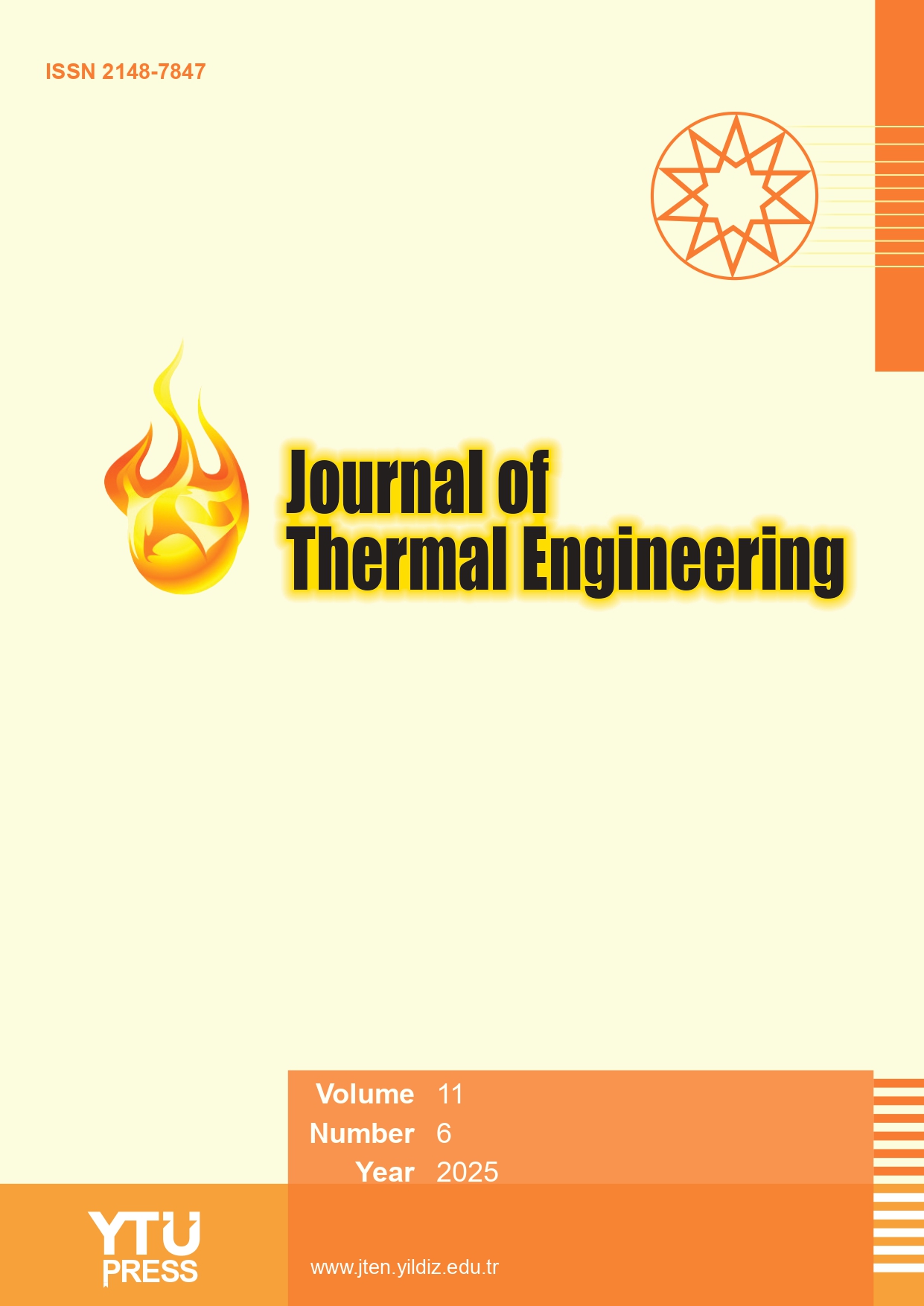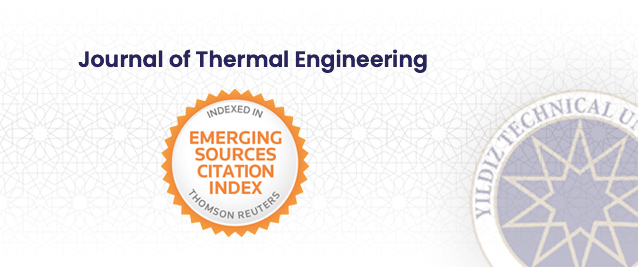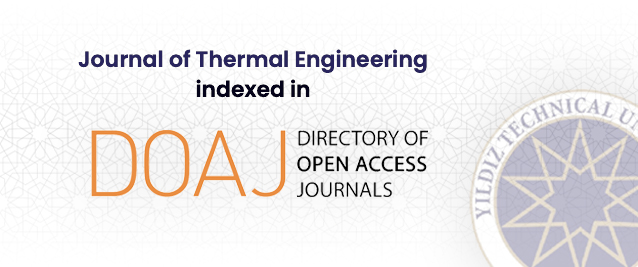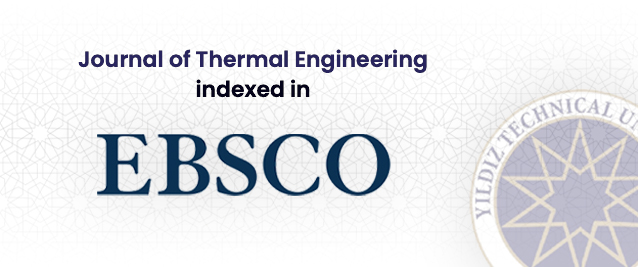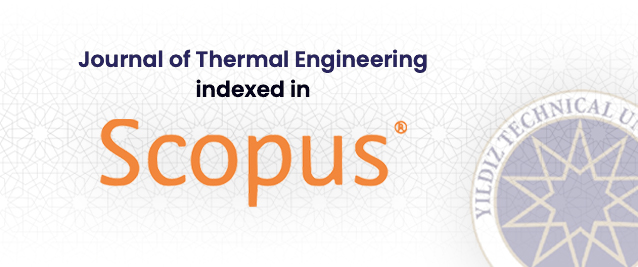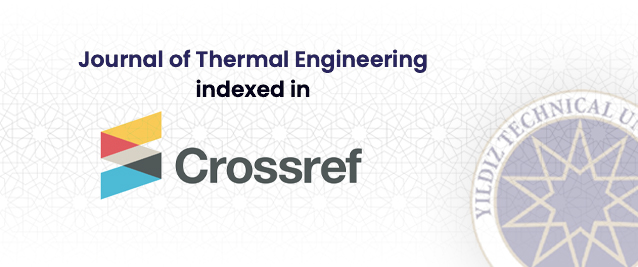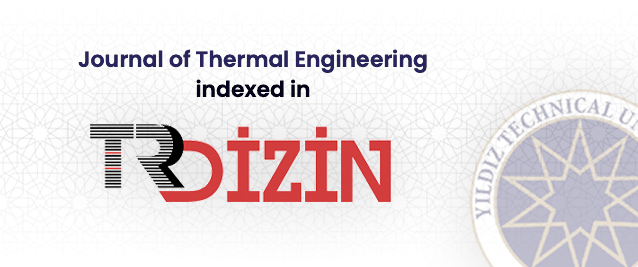Abstract
The ratio of diesel vehicles in vehicle park and also the number of diesel vehicles sharply increase in the world. Advantages of diesel engines can be stated as high efficiency, low fuel consumption etc., on the other hand high amount of oxides of nitrogen caused by high compression ratio of diesel e ngines should be noted as its disadvantage. Moreover, a high amount of smoke emission is formed due to combustion characteristics of
diesel engines. Both NOx and smoke are really hazardous for the environment. Stringent emission regulations force diesel engines to exhaust less NO x and smoke emissions. Thus, diesel engines require advanced after treatment systems. The catalyst materials in after treatment systems are really expensive. In this study, different levels of hydrogen 0%, 40% and 75% on en ergy basis of total fuel were introduced into intake manifold of
engine. Brake thermal efficiency of the engine improved with increasing percentage of hydrogen. CO, THC and smoke emissions are significantly decreased by using hydrogen as additional fuel. E specially, a novel decrease on smoke emission up to 70.7% is obtained. However, particularly during 75% hydrogen addition, the dramatic increase in NO x emissions could not be prevented.


